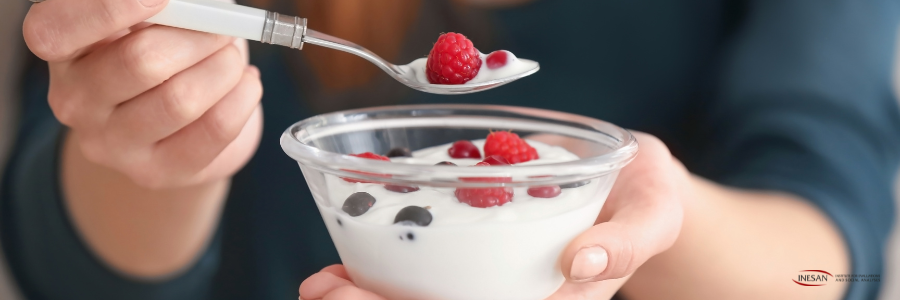
Health Consciousness and Selected behavioral patterns
21. 7. 2023
Unleashing the Power of Health Consciousness: Empowering the Well-being Journey
28. 7. 2023Let´s look at the act of searching for information on specific diseases on the Internet. The data reveals a wide range of responses, with 7.9% of participants reporting searching very often and 17.2% never engaging in this behavior. It is worth noting that a substantial proportion (22.4%) indicated searching for such information exceptionally, suggesting that the Internet plays a significant role in satisfying individuals’ health information needs. However, the relatively high percentage of individuals who seldom or never engage in online health information seeking suggests the need for targeted efforts to improve digital health literacy and ensure equitable access to reliable online resources.
These insights provide valuable guidance for designing interventions and educational initiatives aimed at promoting health consciousness and facilitating access to accurate health information across various channels. By leveraging these findings, healthcare providers, policymakers, and educators can develop targeted strategies to enhance health consciousness, encourage informed decision-making, and empower individuals to take an active role in their own well-being. Creating a supportive environment that fosters open discussions, promotes health literacy, and improves access to reliable health information will ultimately contribute to building a healthier society.
The Health Consciousness Scale serves as a valuable tool for researchers, healthcare providers, and policymakers alike. By comprehensively assessing an individual’s level of health consciousness, we can identify areas for improvement, design targeted interventions, and empower individuals to actively participate in their own well-being journey.
More information could be found here.





